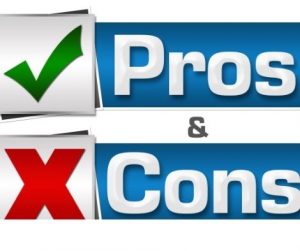equity indexed universal life insurance pros and cons
Sorry, but a captive agent can't offer you any other insurance company.
This is in contrast to traditional or level-life insurance policies, where premiums are locked and remain the same for a long time.
The prices can't rise over time. The Policy can't be cancelled or reduced; it can't expire.



